VOICES: Faces Behind Stories
Rashmi Singh and Sadaf Khan, like many women in Madhya Pradesh state, aspire to participate in public life by running for elections. They have joined the ongoing movement advocating for equal representation of women in Indian politics. Presently, women hold less than 15% of seats in the country's parliament and most state Assemblies.
Jhabe Ram bursts into tears as he narrates how a landslide swept away his family's house in Himachal Pradesh state, killing eight members of their joint family, including his wife and two children as well as his brother and his entire family. This northern state in the Himalayas is no stranger to natural calamities.
Adarsh Kumar, a self-motivated, bright student from Bihar, aspires to pull his family out of poverty. However, he has little more than his resolve to take him closer to his dream, by serving in the Indian Army. To pass every stage of recruitment, and there are many, can his determination compensate for…
Shreya went through panic attacks after being sexually harassed by men in Delhi, India?s national capital which is also known as the country?s most unsafe city for women. Her fear led her to look for empowerment, which she finally found. But that didn?t mean she was now safer than other women in the city.
Harsimranjit Singh spent much of his youth looking after his father, who had cancer. Fazilka, where he lives, is one of the 11 districts that comprise Punjab state's "cancer belt," the Malwa region. In the nearby Ferozepur district, Kuldeep Singh had to quit farming as his wife was diagnosed with cancer.
Deep in debt, Gurjeet Kaur’s father lost hope, and interest, in life. Kaur’s brother, who inherited the debt, followed suit. Like Kaur, thousands of women in the agricultural state of Punjab have similar stories to tell, as farming is becoming increasingly unsustainable and more and more farmers are finding themselves…
Sunil Kumar, 22 and Neeraj Jangra, 24, are two of the hundreds of thousands of unemployed youth in the predominantly agricultural state of Haryana who have dreams tied to their ability to earn a living. Those dreams may be shattered if they continue to remain jobless, as agriculture is now largely unsustainable…
Jaihind, Ramesh and Baburam live in Uttar Pradesh state, which reported 12,714 cases of atrocities against #dalits in 2020, the highest in India, as per the government data. The three men, from the state’s Mahoba district, tell us what discrimination and violence look like despite legal protections they have had, on paper, for decades.
Few kilometres from the India-Pakistan border, people in Barmer district of the western state of Rajasthan face extreme water shortage. In scorching heat, women in this desert area spend several hours fetching water from the nearest wells. On an average, they walk about 2.5 kms to reach a water source and make many rounds each day.
Police in Uttar Pradesh state arrest, on average, more than 300,000 residents each year, out of which tens of thousands end up in judicial #custody as accused. On paper, the State assumes responsibility for a person that it takes into custody, but, in reality, police and jail authorities blatantly rob detainees…

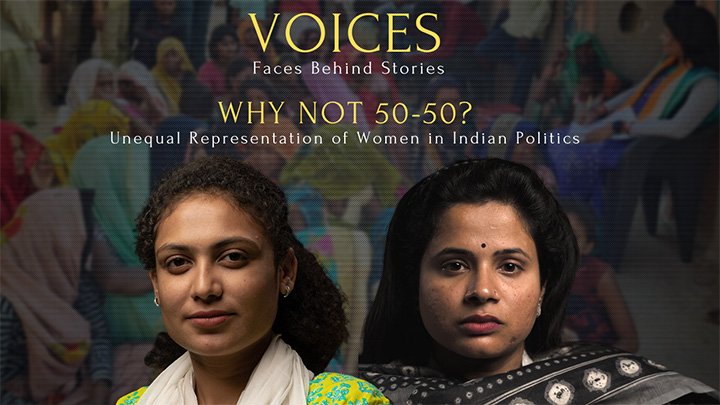
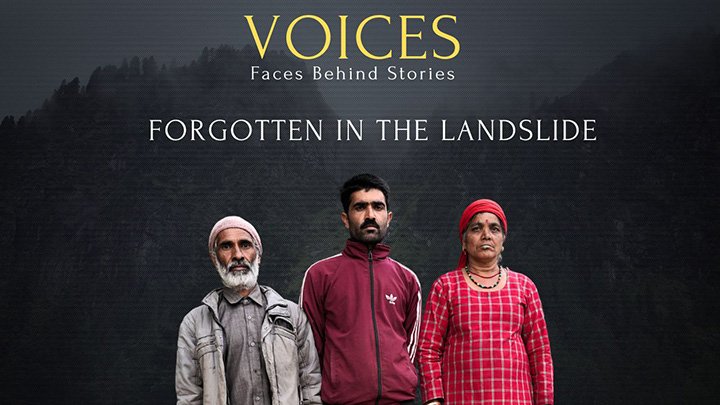
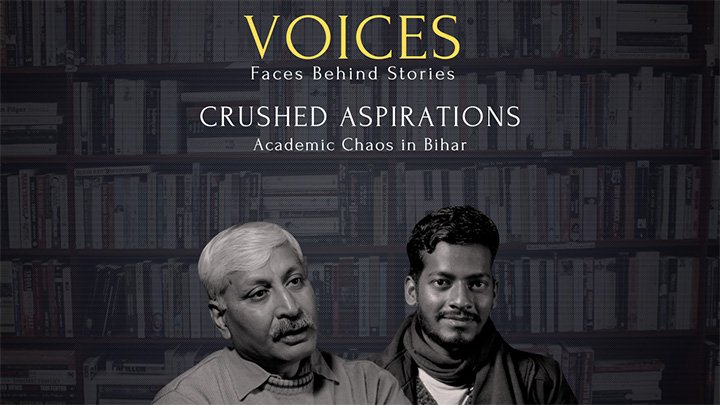

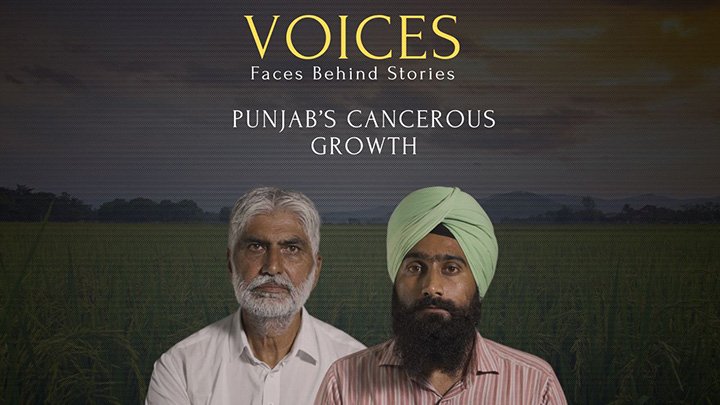
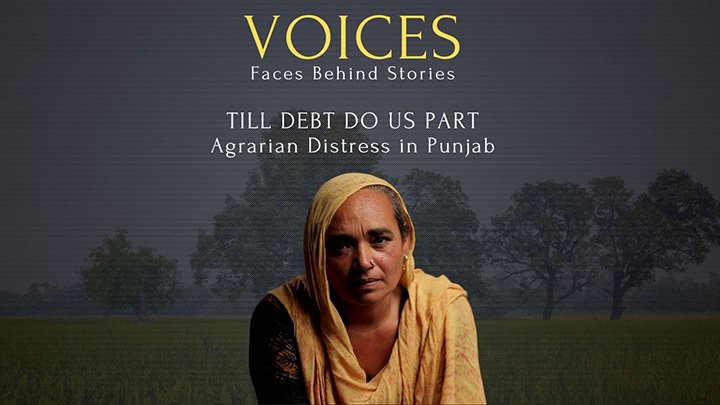
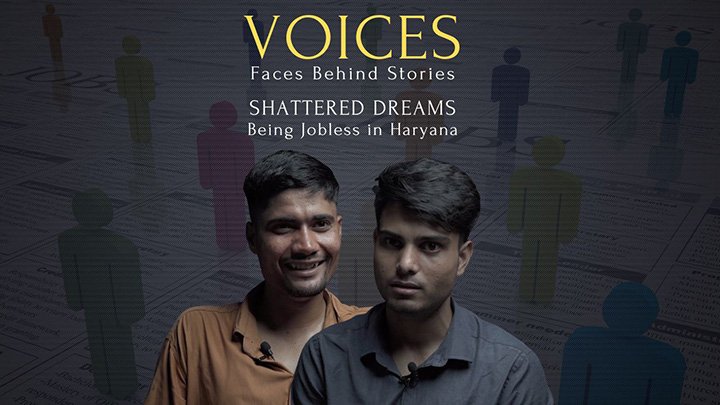
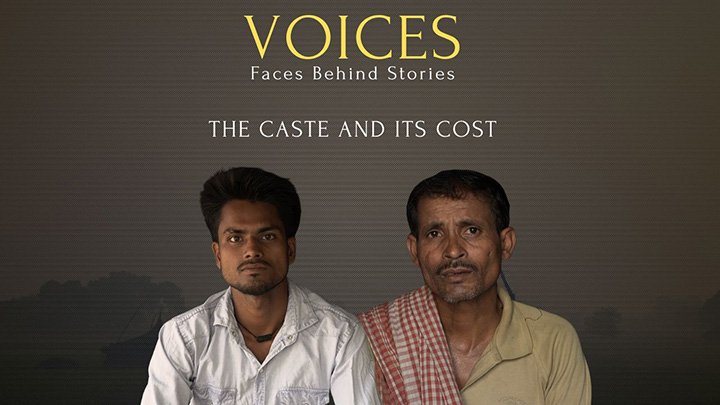

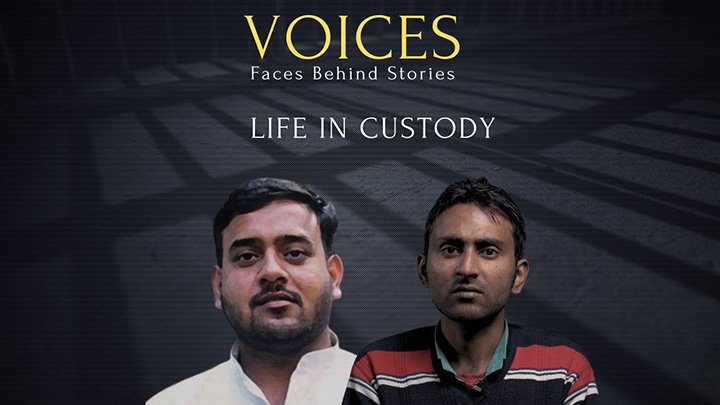
Bhupat Bhai Sekhaliya, a diligent and hardworking rickshaw driver from Gujarat, belongs to the Dalit community. Despite his unwavering dedication, the respect he deserves eludes him, particularly from individuals of "upper" castes in his vicinity. Many daily activities, deemed "normal" for any resident, remain inaccessible to him. Defiance can lead to physical assault. However, Bhupat's story is not an isolated incident. In Gujarat, the spectre of violence against Dalits looms large, with an average of four cases reported daily. The past seven years have seen a staggering total of over 9,000 documented instances of such violence.